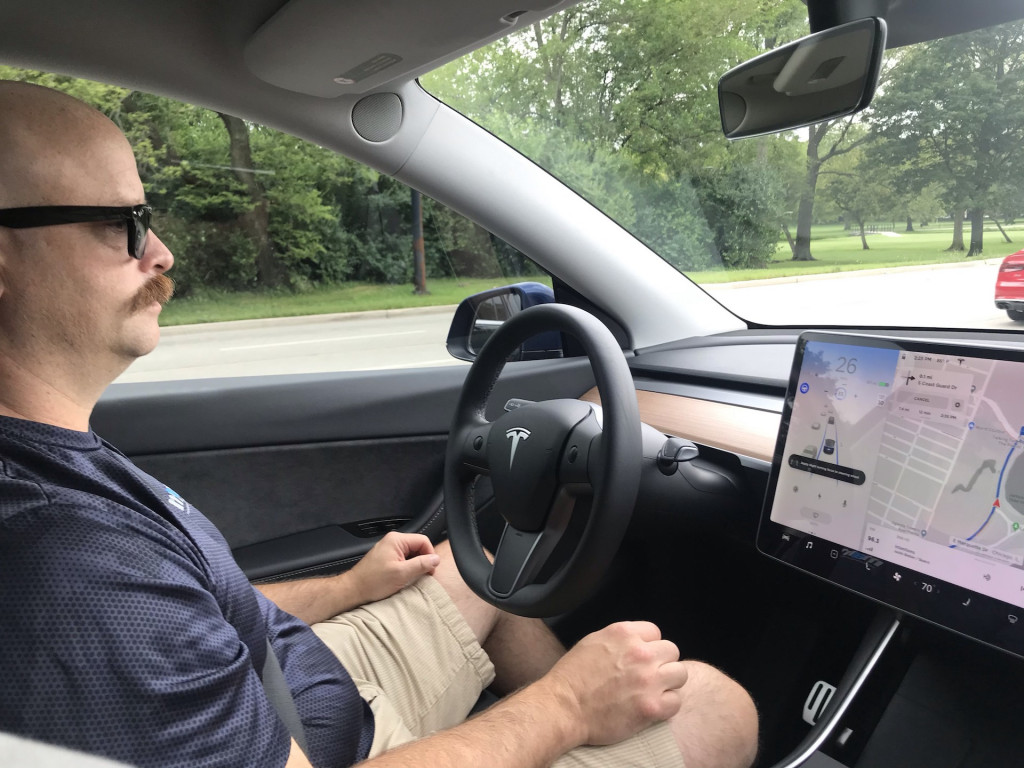Tesla's electronic driver-assist feature known as Full Self-Driving (FSD) is in the headlines yet again, this time due to a software update that may cause a vehicle using the feature to disobey stop signs.
Tesla has issued a recall on 53,822 vehicles in the U.S. that feature the so-called beta version of FSD, which includes a rolling stop function that may allow the vehicle to travel through a stop sign without actually coming to a complete stop, which violates most state laws and could potentially lead to a crash.
The recall affects certain Model S and Model X vehicles from the 2016-2022 model years, certain Model 3 vehicles from the 2017-2022 model years, and certain Model Y vehicles from the 2020-2022 model years.
According to the recall notice published by NHTSA on January 27 (campaign number 22V037000), Tesla will perform a software update that will disable the rolling stop function.

2020 Tesla Model Y
Reuters reported on Tuesday that Tesla had met with NHTSA in mid-January to discuss the rolling stop function and agreed to the recall on Jan. 20. Tesla allegedly told the agency that the function was rolled out on October 20, 2021, and only works at speeds below 5.6 mph and where there are no relevant moving cars, pedestrians or cyclists in the area. The function also requires the driver to select the beta version of FSD's Assertive mode. Other modes include Chill and Average.
Despite the name, FSD only offers basic self-driving capability and requires driver monitoring at all times, as it is far from perfect and makes mistakes that need to be corrected. As a result, FSD only ranks at Level 2 on the SAE scale of self-driving capability. Level 3 is the first stage where eyes-off functionality is available, and right now isn't offered by any automakers in the U.S.
The production version of FSD is designed for highway driving but the beta version, which Tesla has made available to select customers for testing purposes, is designed to handle urban streets.
Tesla's more basic driver-assist feature, Autopilot, has also come under the spotlight due to dozens of crashes involving Teslas and emergency vehicles, where the Teslas had Autopilot or Traffic Aware Cruise Control engaged. NHTSA last August opened a formal safety probe involving 765,000 Teslas in the U.S. over the issue. That probe is still open.
